I have a submersible pump for which I'm trying to determine the variability in flow rate, to high precision. Since this is just an impeller driven by an AC motor, what is the % error in frequency of a US wall outlet? Is there a commonly accepted 'ballpark' value, such as 60 hz +/-0.5 hz?
My suspicion is that for most electrical grids, this largely depends on the citywide usage throughout the day.
I apologize because I have an inkling that my question is poorly presented -- that being said, if anyone knows of where I can find real-time data regarding the West Los Angeles electrical grid, I'm all ears. Thanks!
